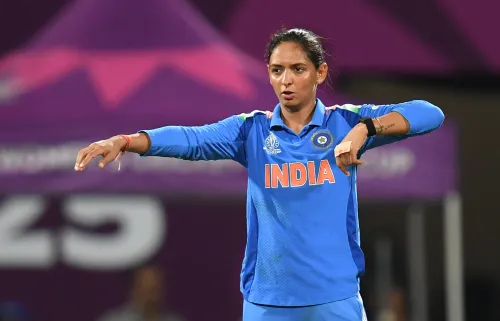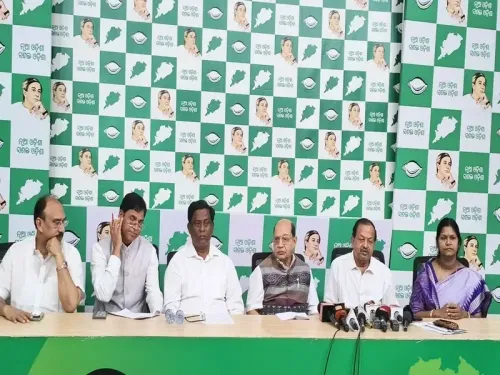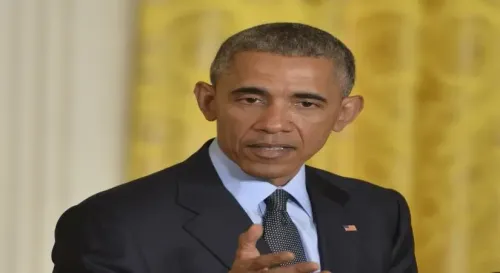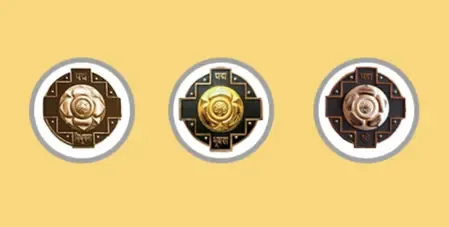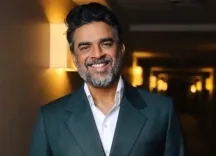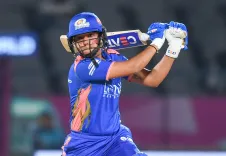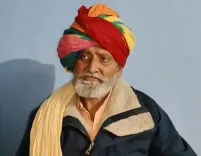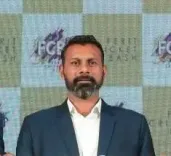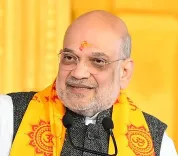Why Did the Supreme Court Reject the Urgent Plea Against 'Udaipur Files' Release?
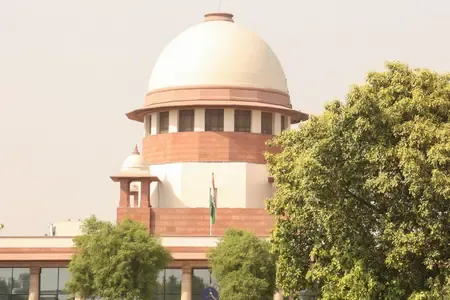
Synopsis
Key Takeaways
- The Supreme Court declined to urgently address a plea to halt 'Udaipur Files' release.
- The film depicts the murder case of Kanhaiya Lal, raising concerns about media impact on trials.
- The accused claims the film compromises his right to a fair trial.
- The CBFC has made cuts to the film prior to its release.
- The Delhi High Court will continue reviewing related petitions.
New Delhi, July 9 (NationPress) The Supreme Court on Wednesday declined to expedite the listing of a petition aimed at halting the release of the film 'Udaipur Files', which is centered around the Kanhaiya Lal murder incident.
The film, set for global release on Friday, depicts the horrific slaying of Kanhaiya Lal, a tailor from Rajasthan’s Udaipur, in June 2022, by Mohammad Riyaz Attari and Ghaus Mohammad, who brutally slit his throat.
A bench comprising Justices Sudhanshu Dhulia and Joymalya Bagchi instructed advocate Pyoli, representing Mohammed Javed, one of the accused in the Kanhaiya Lal murder case, to present the writ petition for a stay on the film's release before a regular bench after the Supreme Court reopens on July 14.
When the lawyer pointed out that the film is scheduled for theatrical release in the meantime, Justice Dhulia's bench remarked, 'Let it be released'.
In defense of justice and to protect his fundamental right to a fair trial, accused Javed argued that the film's content might disrupt the ongoing trial of the Kanhaiya Lal murder case, which is currently before the Special NIA Court.
His petition to the Supreme Court raised the issue of whether a media-driven depiction of guilt through a film release should proceed when it could infringe upon his right to a free and fair trial, as guaranteed by Article 21 of the Constitution.
“Releasing a trailer at this time, which presents the accused as guilty and the narrative as indisputably true, could severely bias the trial proceedings. It undermines the presumption of innocence and may manipulate public perception in a way that could jeopardize the trial's fairness,” stated the petition.
Earlier, the Central Board of Film Certification (CBFC) informed the Delhi High Court that the contentious segments of 'Udaipur Files' have been removed.
A bench led by Chief Justice D.K. Upadhyaya and Justice Anish Daya reviewed a series of petitions, including one filed by Maulana Arshad Madani, President of the Islamic cleric organization Jamiat Ulema-i-Hind, requesting a ban on the film's release.
In their ruling, the CJ Upadhyaya-led bench noted Additional Solicitor General (ASG) Chetan Sharma’s assertion that the CBFC had recommended certain cuts before certifying the film, which the producer has complied with.
Moreover, the Delhi High Court instructed the film’s producer to arrange a private screening of both the movie and its trailer for the counsels involved in the case on Wednesday.
The Delhi High Court will reconvene for further examination of the petitions on Thursday (July 10).


